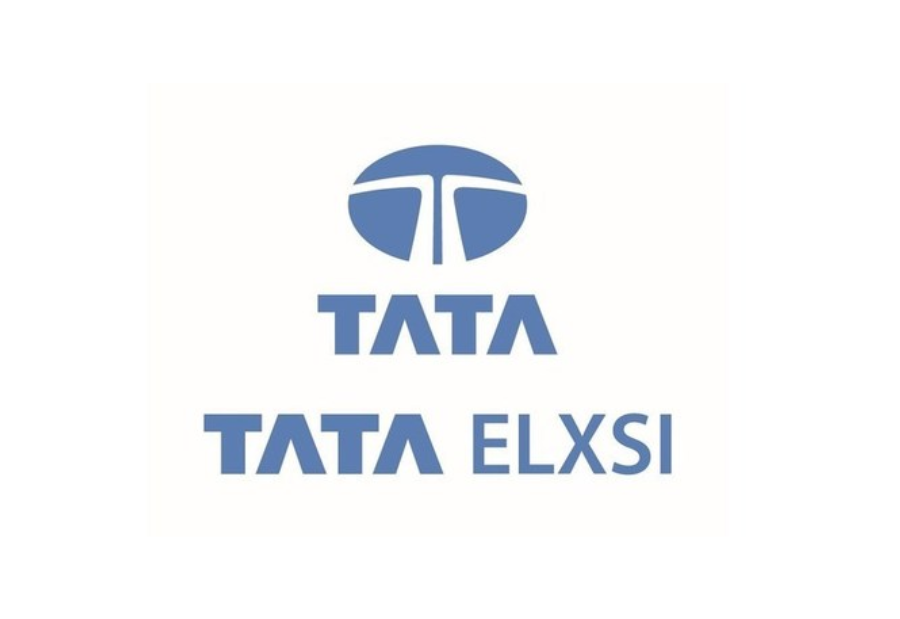A recent study by renowned global management consultant Zinnov found that more than 130 UK-based businesses already run global capability centers (GCCs) in India, making the UK the second-largest cohort of GCCs in the nation behind the US.
According to the paper, “UK Global Capability Centres in India: Unlocking Strategic Opportunities,” UK businesses’ worldwide strategy have undergone a radical change.
Chennai, Bengaluru, and Hyderabad are the three main UK GCC cities. To grow and lead their worldwide innovation mandates, companies such as Barclays, HSBC, GSK, Unilever, Vodafone, Rolls-Royce, BP, Shell, Arm, and Tesco are turning to India.
Through a number of important conclusions, the research emphasizes India’s strategic importance for UK companies. An astounding $6.5 billion in value was generated yearly by UK GCCs in India (FY2024), with 200,000 experts driving projects in analytics, cloud computing, artificial intelligence, and cybersecurity.
Notably, Fortune worldwide 500 businesses run 14% of these centers, highlighting their significance on a worldwide scale. An astounding 95% of UK GCC companies are funding engineering research and development, which is essential for developing new products and intellectual property.
Reason Behind this Growth
One of the reasons is that operational costs in India are 50% lower than in the UK, which enables businesses to grow effectively without sacrificing quality. In actuality, more than 90% of the GCC countries in the United Kingdom operate as multi-functional hubs, exhibiting a high degree of operational maturity and strategic integration inside their multinational corporations.
Additionally, UK businesses are adopting a co-creation and cooperation approach with India. In order to enable follow-the-sun distribution methods and reduce concentration risk, Tier-1 and Tier-2 cities are being carefully utilized. UK companies’ trust in operating from India is also being bolstered by regulatory maturity in cybersecurity and data protection.
Financial institutions in the UK that specialize in AI-driven risk assessment, fraud detection, and algorithmic trading are finding India’s depth of AI, data science, and financial engineering skills to be very helpful.
One of the most strategically important partnerships in the digital economy will be the UK-India connection as the Comprehensive Economic and Trade Agreement (CETA) opens up new opportunities.
Mohammed Faraz Khan, partner – GCC Business at Zinnov, noted, “The UK–India corridor is on the cusp of a generational opportunity. With digital transformation accelerating globally, UK companies are not just looking at India to scale — they’re looking at India to lead. The GCC model offers a fast-track to innovation, resilience, and long-term growth.”
A Strategic Realignment for the Future
The growth of the UK GCCs in India signifies more than simply economic cooperation, since the free trade agreement (CETA) is predicted to stimulate more than £35 billion in bilateral commerce by 2030. It shows a strategic realignment for growth that is prepared for the future.
India’s proven advantages in digital expertise, engineering prowess, and innovation offer a significant edge to UK businesses looking to compete internationally, especially mid-sized businesses that prioritize agility, speed, and cost-effectiveness.
“The expansion of UK-headquartered Global Capability Centres in India is a strategic recalibration,” said Alouk Kumar, founder & CEO at Inductus Group, a strategic advisory and consulting firm. “There are over 120 UK firms already operating GCCs in India, as embedded drivers of innovation, customer experience, and competitive differentiation. This is smart, future-focused scaling.”
India now directly supports the UK’s forward-thinking economic strategy thanks to its developed digital infrastructure, thriving start-up environment, and deep domain skills in industries like finance, pharmatech, and AI.
“India is no longer about labour arbitrage. It’s about intellectual arbitrage,” Sumit Mitra, CEO, Tesco Business Solutions shared.
India-based GCCs are assisting UK companies in developing high-trust, high-impact operations, from RegTech solutions for compliance-heavy industries to AI models for financial forecasts. These centers are going far beyond transactional functions by allowing full corporate transformation, integrating ESG data, and taking on product ownership.
India’s cities, particularly Bengaluru, play a critical role in this transformation. Jay Doshi, MD & CIO of BT Group, explained: “Bengaluru is known as the ‘silicon valley of the east’ due to its vibrant tech ecosystem. Academia and industry together have enabled large corporations to accelerate their transformation journeys and remain competitive globally.”
Adding to this perspective, Lalitha Indrakanti, CEO of Bengaluru-based Jaguar Land Rover technology & business services India, captured the essence of India’s evolving role in global operations: “India has proven its mettle as a hub of engineering excellence, innovation, transformation and digital talent. GCCs here have evolved from cost centres to value amplifiers and reliable transformation partners.”
Also read: Viksit Workforce for a Viksit Bharat
Do Follow: The Mainstream formerly known as CIO News LinkedIn Account | The Mainstream formerly known as CIO News Facebook | The Mainstream formerly known as CIO News Youtube | The Mainstream formerly known as CIO News Twitter |The Mainstream formerly known as CIO News Whatsapp Channel | The Mainstream formerly known as CIO News Instagram
About us:
The Mainstream formerly known as CIO News is a premier platform dedicated to delivering latest news, updates, and insights from the tech industry. With its strong foundation of intellectual property and thought leadership, the platform is well-positioned to stay ahead of the curve and lead conversations about how technology shapes our world. From its early days as CIO News to its rebranding as The Mainstream on November 28, 2024, it has been expanding its global reach, targeting key markets in the Middle East & Africa, ASEAN, the USA, and the UK. The Mainstream is a vision to put technology at the center of every conversation, inspiring professionals and organizations to embrace the future of tech.




